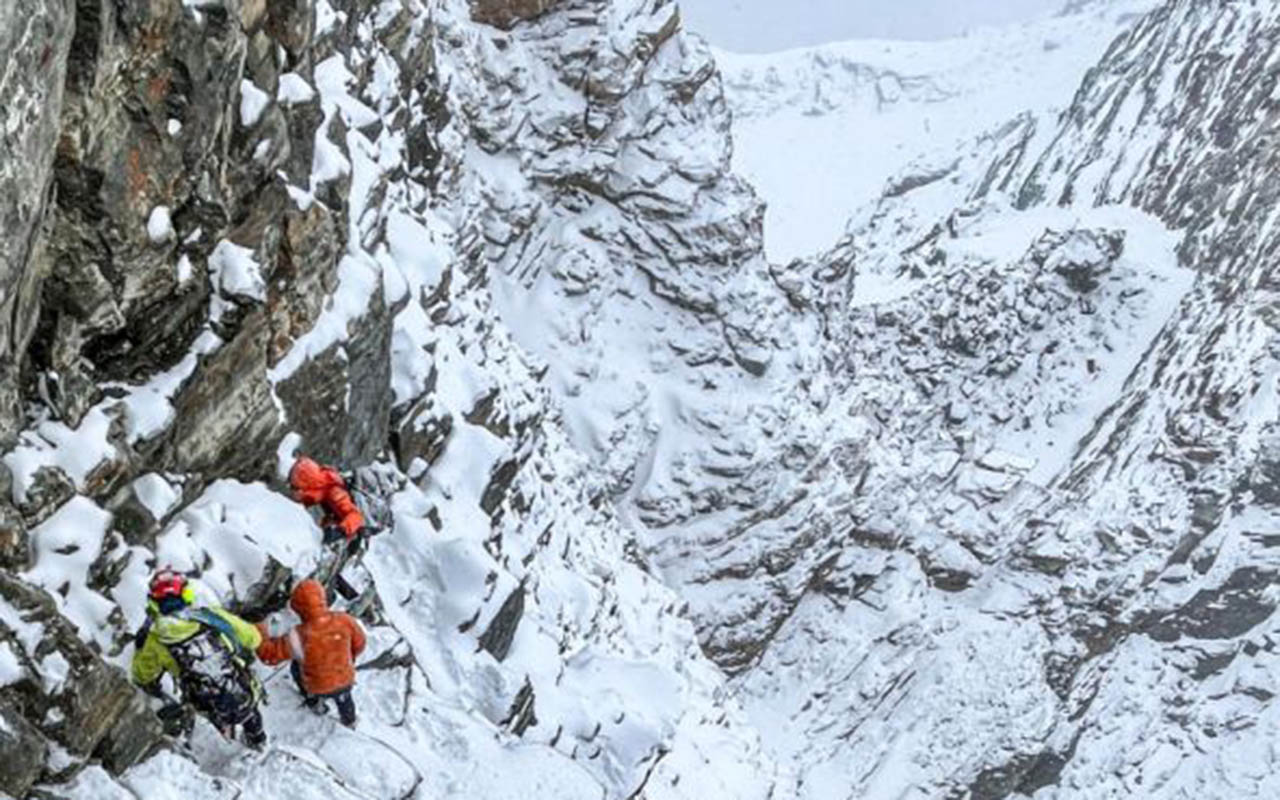Lebanese troops pull back from border as Israeli ground invasion looms

By Maya Gebeily, Maayan Lubell and Timour Azhari
WASHINGTON/BEIRUT/JERUSALEM (Reuters) -Lebanese troops pulled back from the border with Israel late on Monday as a ground invasion by Israel looked imminent, just days after Israel killed the head of Lebanese armed group Hezbollah in an escalation of regional tensions.
A U.S. official who spoke on condition of anonymity told Reuters the positioning of Israeli troops suggested a ground incursion could be imminent.
Israeli Defence Minister Yoav Gallant told local council heads in northern Israel that the next phase of the war along Lebanon’s southern border would begin soon, and support the aim of bringing home Israelis who have fled Hezbollah rockets during nearly a year of border warfare.
He also told troops: “We will use all the means that may be required – your forces, other forces, from the air, from the sea, and on land. Good luck.”
Lebanese troops pulled back from positions along Lebanon’s southern border with Israel to about five kilometres (3 miles) north of the border, a Lebanese security source told Reuters.
A Lebanese army spokesperson did not confirm or deny the movement.
Amal Al-Hourani, mayor of Jdeidet Marjayoun, a Christian-majority Lebanese village less than 10 km from the border, told Reuters that two locals had received calls apparently from the Israeli army telling them to evacuate the area as soon as possible.
The Israeli military declared the areas around the communities of Metula, Misgav Am, and Kfar Giladi in northern Israel near the border with Lebanon as a closed military zone and said entry to the areas was prohibited.
Friday’s assassination of Hassan Nasrallah – the most powerful leader in Tehran’s “Axis of Resistance” against Israeli and U.S. interests in the Middle East – was one of the heaviest blows in decades to both Hezbollah and Iran.
After two weeks of intensive airstrikes and a string of assassinations of Hezbollah commanders, Israel has suggested ever more strongly that a land invasion is looming.
The Washington Post cited an unidentified U.S. official as saying Israel had already told the U.S. the operation would be smaller than its 2006 war against Hezbollah and focus on border security.
State Department spokesperson Matthew Miller said Israel had told the U.S. it is conducting limited ground operations focused on Hezbollah infrastructure in Lebanon near the border.
Israel last week rejected a proposal by the U.S. and France calling for a 21-day ceasefire to give time for a diplomatic settlement that would allow displaced civilians on both sides to return home.
U.S. President Joe Biden, who has so far had little success urging Israel to rein in its assaults on Hezbollah or on the Hamas militia in Gaza, called for a ceasefire.
“I’m more worried than you might know and I’m comfortable with them stopping,” Biden told reporters when asked if he was comfortable with Israeli plans for a cross-border incursion. “We should have a ceasefire now.”
HEZBOLLAH SAYS IT IS READY TO FACE LAND INCURSION
Hezbollah’s deputy leader Naim Qassem, in a first public speech since Israeli airstrikes killed Nasrallah, said that “the resistance forces are ready for a ground engagement”.
As he spoke, Israeli airstrikes in Beirut and elsewhere in Lebanon continued, extending a campaign that has eliminated several Hezbollah commanders but also killed about 1,000 civilians and forced one million to flee their homes, according to the Lebanese government.
The death toll from an Israeli strike on the southern Lebanese town of Ain Deleb rose to 45, Lebanon’s health ministry said on Monday.
Rescuers stood on a flattened building. “We are rescuing these people, pulling out the living, the torn apart, and the martyrs,” said one, Mazin al-Khatib.
Nasrallah’s killing, along with the assassinations and systematic attacks on the group’s communications devices, constitute the biggest blow to the Shi’ite movement since Iran created it in 1982 to fight Israel.
Nasrallah built Hezbollah into Lebanon’s most powerful military and political force, with a wide reach across the Middle East.
Now it must replace a charismatic, towering leader who the West branded a terrorist mastermind but who to millions of supporters was a hero who stood up to Israel.
Qassem said it would “choose a secretary-general for the party at the earliest opportunity”.
He said Hezbollah had continued to fire rockets as deep as 150 km (93 miles) into Israeli territory.
“We know that the battle may be long,” he said. “We will win as we won in the liberation of 2006,” he added, referring to the last big conflict between the two foes.
But Israeli Prime Minister Benjamin Netanyahu warned Hezbollah’s main backer, Iran, that “there is nowhere we will not go to protect our people and protect our country”.
In a three-minute video clip in English that he addressed to the Iranian people, he accused their government of plunging the Middle East “deeper into war” at the expense of its own people, whom it was bringing “closer to the abyss”.
ASSASSINATIONS OF PALESTINIAN MILITANT LEADERS
Israel has also assassinated leaders of the Iranian-backed Palestinian militant group Hamas in the Gaza war, one of them – its political leader Ismail Haniyeh – as he was visiting the Iranian capital in July.
Hours before Qassem spoke, Hamas said an Israeli airstrike had killed its leader in Lebanon, Fateh Sherif Abu el-Amin, along with his wife, son and daughter in the city of Tyre.
Abu el-Amin had worked for the U.N. Palestinian refugee agency UNRWA before being suspended in March. UNRWA chief Philippe Lazzarini told reporters it had not known of his purported Hamas role.
Another faction, the Popular Front for the Liberation of Palestine, said three of its leaders had died in a strike in Beirut’s Kola district, the first Israeli attack so close to the city centre.
The Israeli attacks on militant targets in Lebanon are part of a conflict stretching from the Palestinian territories of Gaza and the occupied West Bank to Iranian-backed groups in Yemen and Iraq. The escalation has raised fears that the United States and Iran will be sucked into the conflict.
Iranian Foreign Ministry spokesperson Nasser Kanaani said Tehran would not let any of Israel’s “criminal acts” go unanswered, referring to the killings of Nasrallah and an Iranian Revolutionary Guard Corps deputy commander who died in the same strikes.
(Reporting by Maya Gebily, Laila Bassam, Ali Sawafta, Yomna Ehab, Mohammed Al Gebaly, Emma Farge, Elwely Elwelly, Dmitry Antonov, Jana Choukeir, Tala Ramadan, Clauda Tanios, Alistair Smout and Maayan Lubell; Writing by Michael Georgy, Kevin Liffey and Michael Martina; Editing by Lincoln Feast, Angus MacSwan and Rosalba O’Brien)







